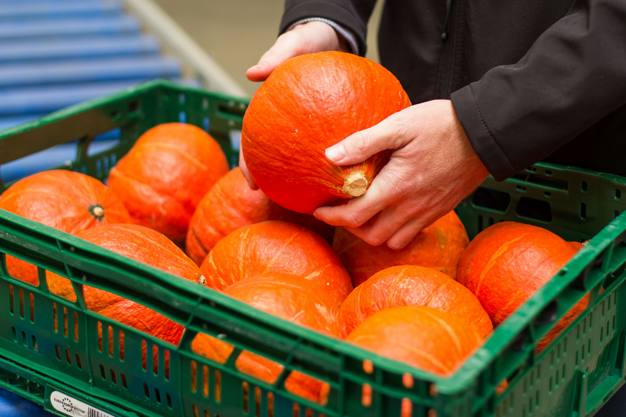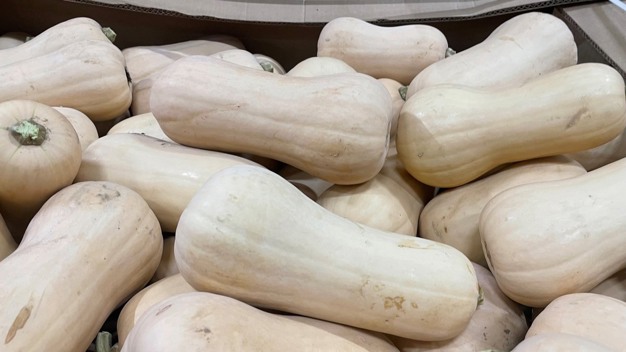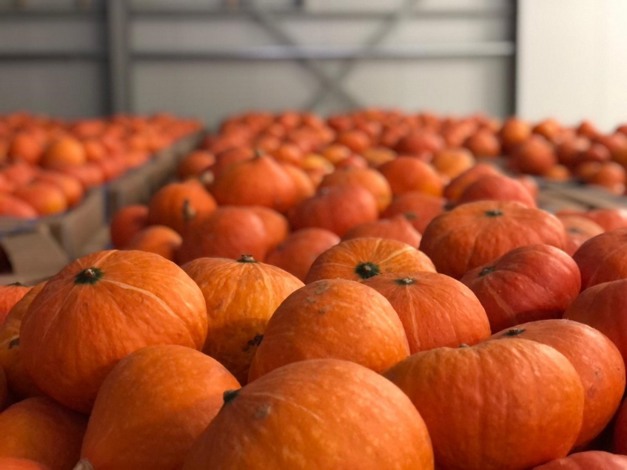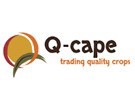A niche within a niche. That is what the Q-cape is focusing on. This Dutch trading company supplies retail solely with imported South African pumpkins. "Most overseas organic pumpkins used to come from Argentina, but delivery reliability sometimes left something to be desired. So, nine years ago, we started importing from South Africa, and we now work with about a dozen growers there," says Leo Stoker.

That country is, he adds, also geographically slightly better located for shipments to Europe. "Plus, my in-laws, who farm here in the Netherlands, used to have a farm there to have a retail year-round supply of several products from both the Netherlands and South Africa. Pumpkin was one of those. We saw plenty of potential for this imported vegetable in the European market and decided to focus entirely on it."
The Northern Cape and West Coast
Q-cape sources its pumpkins, mainly Hokkaidos, and gradually more butternut squashes, too, from contract growers in the Northern Cape and West Coast. The varieties are generally the same as those cultivated in the Netherlands. "Orange Summer does very well in South Africa. But I think there should be some new varieties that can extend the season and increase yields, especially regarding improved quality when arriving in Europe. However, notwithstanding the warm winters in certain areas, year-round cultivation won't be possible in South Africa. Pumpkins need a certain amount of sunlight to grow," Leo explains.

Germany, the biggest market
By now, supermarkets offer pumpkins all year long, with South African ones on the shelf from January to May. "We create programs with supermarket chains in line with the European season. Retailers like to keep going with local produce until it's completely done. But, they enjoy starting with a fresh crop again, even if it comes from overseas. Germany is our biggest market, and that's partly because we only work with organic pumpkins. Organic is, after all, somewhat more established there," says Stoker.
And, though organic consumption has come under slight pressure in recent years due to inflation, Leo notes a rise in demand again. "When prices generally increase, consumers tend to make slightly different choices. preferring basic products. But demand for organic food is climbing again, and I'm sure that trend will continue."

"That's despite the price difference with conventional products, which is, by no means, constant. When conventional products are in limited supply, those prices converge." Leo continues its South African operations with sweet potato imports from May to September. "We, thus, bring in wonderful organic produce from ther almost year-round," he concludes.
 Q-cape
Q-cape
Boudewijnlaan 19
8251 RS Dronten
+31 (0)622 121 852
leostoker@qcape.nl
www.qcape.nl
